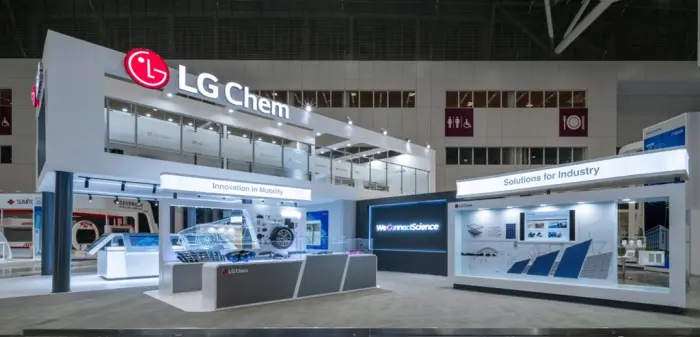- LG Chem is investing $820 million in a new lithium battery factory in Tennessee.
- The factory will produce advanced NCMA cathode materials for EV batteries.
- This move reflects the global surge in electric vehicle demand and market growth.
In a move signaling a robust commitment to the electric vehicle (EV) industry, LG Chem, a world-renowned chemical company, has announced a significant investment of $820 million. This funding is earmarked for constructing a state-of-the-art lithium battery cathode material factory in Tennessee, USA. This strategic investment aligns with LG Chem’s larger plan to invest over $3 billion by 2027 to enhance its EV battery production capacity.
The company is set to break ground on this new facility in Clarksville, Tennessee next week, with further details about the project to be released soon. This plant will specialise in producing cathode materials based on nickel, cobalt, manganese, and aluminum (NCMA), known for their high energy density and safety standards.

Also read: Nissan announces $1.25 billion UK move for new electric Qashqai and Juke models
The global shift to new energy vehicles
Globally, there’s a concerted effort to shift towards new energy vehicles, with various countries implementing strategies and policies like phasing out internal combustion engine vehicles. This global focus has opened up immense opportunities in the EV market, particularly in Europe, the world’s largest new energy vehicle market. Governments are promoting EV growth and offering comprehensive subsidies to accelerate industry expansion.
The global new energy vehicle market is experiencing exponential growth. With a record 10.82 million units sold in 2022, projections suggest a rise to 33.8 million units by 2026. This boom in the EV market is paralleled by an increasing demand for lithium-ion batteries, a critical component in electric vehicles.
Also read: Honda and Acura forge new partnerships to supercharge the EV experience
The future of electric vehicles and lithium-ion batteries
As the lithium-ion battery industry matures, there has been a notable decrease in battery costs, contributing to the market’s expansion. From 2013 to 2020, the average price of lithium-ion battery packs dropped by 79%, making electric vehicles more accessible and appealing. The electric vehicle and lithium-ion battery industries are poised for substantial growth. Increased environmental awareness, advancements in EV technology, and supportive government policies are key drivers of this expansion. The coming years are expected to witness a surge in global EV sales, further stimulating the lithium-ion battery market.

